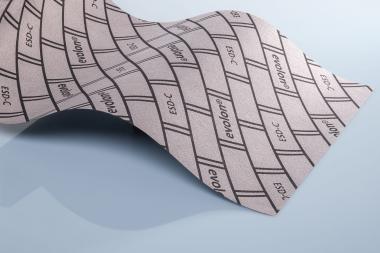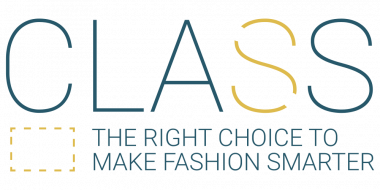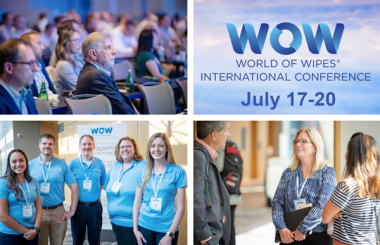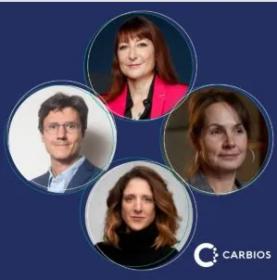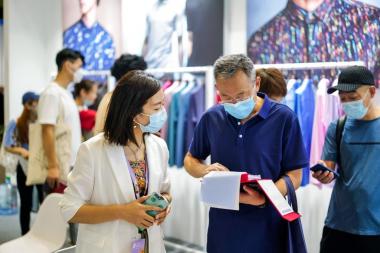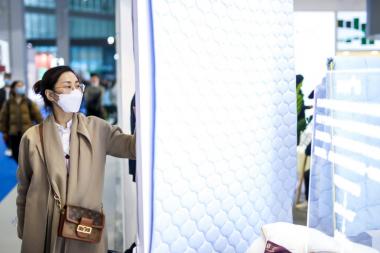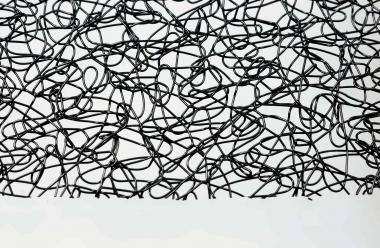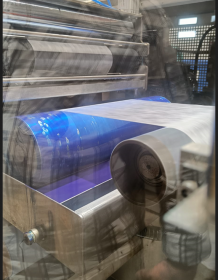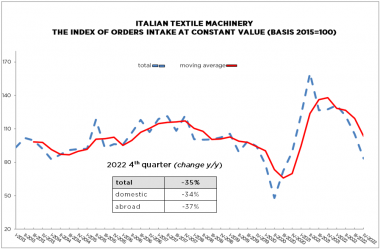New test method for textile microplastics
- Standard assesses fibre release, biodegradation and ecotoxicity for the first time
Testing service provider Hohenstein has worked with the project partners Trigema, Freudenberg, DBL ITEX and Paradies to create a new standardized test method for detecting and classifying the environmental effects of textiles during washing. DIN SPEC 4872 combines analysis of fibre release, biodegradability and ecotoxicity. The test method according to DIN SPEC 4872 shows how many fibres are released during textile laundering, how well these fibres degrade in wastewater and how harmful the fibre residues are to the environment.
Studies have shown that washing textiles releases microfibres into the wash water, which cannot be sufficiently retained by wastewater treatment plants. Synthetic fibres pose the greatest risk to the environment because of their longevity and inability to biodegrade. However, Hohenstein project manager Juliane Alberts does not give the all-clear for biodegradable fibres and natural fibres: "Biodegradability alone does not mean that pure natural fibres, for example, are completely harmless to the environment. They, too, remain in ecosystems until they completely degrade and can also have a negative impact. In addition, additives, auxiliaries or finishes used in textile production can further slow the degradation process and leach into the environment."
The new standard enables textile producers and suppliers to test, evaluate and compare products for fibre release during washing and environmental impact. Juliane Alberts sees this systematic evaluation as an opportunity for the textile industry to take the initiative on environmental impact: "Our reliable data can be used as a basis for more targeted product development. This is a way to actively and consciously control further environmental pollution."
Hohenstein








